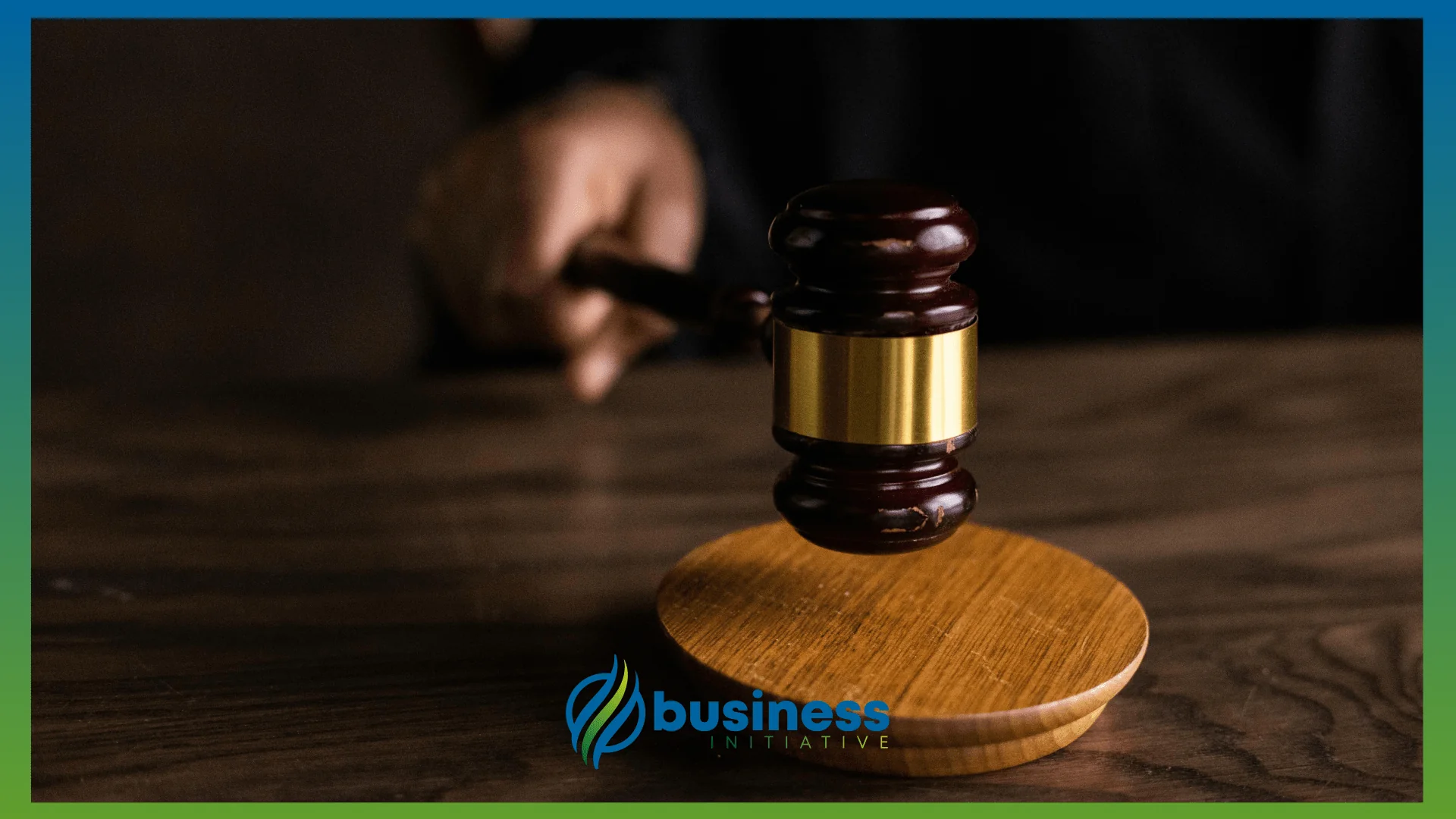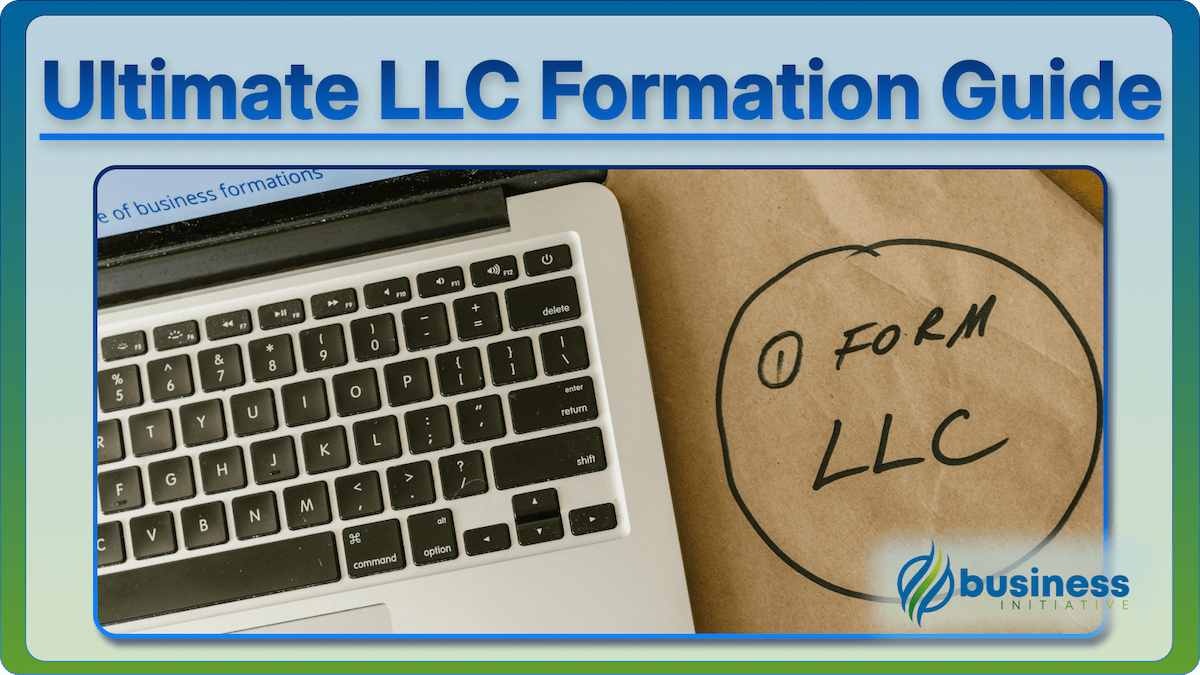You hear about criminal penalties.
You see headlines about $10,000 fines.
You wonder what’s real.
You need clarity.
Criminal liability. Real risk. Hype. Your understanding.
This guide separates fact from fiction.
Criminal penalties. What triggers them. What doesn’t. Real legal risk.
Read this. Understand the truth. Protect yourself.
 Key Takeaways
Key Takeaways
- Criminal penalties are real but rare—willful violations with intent to defraud or evade requirements can trigger criminal charges up to $10,000
- Simple mistakes or late filings typically don't trigger criminal penalties—civil penalties ($500/day) apply to most non-compliance situations
- Intent matters—criminal penalties require willful violation, meaning you knowingly and intentionally failed to comply or provided false information
- Criminal exposure increases with fraud—providing false information, concealing ownership, or intentionally evading requirements significantly increases risk
- Good faith efforts protect you—showing you attempted to comply, corrected errors promptly, and maintained accurate records reduces criminal exposure
 Table of Contents
Table of Contents

Why Clarity Matters
Clarity prevents panic.
What happens without clarity:
- Fear paralyzes action
- Confusion leads to mistakes
- Hype creates unnecessary worry
- Real risks are misunderstood
What happens with clarity:
- Fear is replaced with understanding
- Confusion is replaced with knowledge
- Hype is replaced with facts
- Real risks are properly managed
The reality: Clarity enables proper compliance.
Criminal vs. Civil Penalties
Understand the difference:
Civil Penalties
What applies:
- $500 per day for late filing
- Administrative enforcement
- Most common penalty type
- No criminal record
Why it matters: Civil penalties are the norm.
Criminal Penalties
What applies:
- Up to $10,000 fine
- Potential imprisonment
- Criminal record
- Requires willful violation
Why it matters: Criminal penalties are rare but serious.
Key Differences
What differs:
- Intent requirement
- Enforcement process
- Consequences
- Frequency
Why it matters: Understanding differences helps manage risk.
Pro tip: Know the difference. Civil penalties, criminal penalties, key differences. See our BOI guide for penalty details.

What Triggers Criminal Penalties
Understand what triggers criminal penalties:
Willful Violations
What applies:
- Knowingly failing to file
- Intentionally providing false information
- Deliberately concealing ownership
- Purposefully evading requirements
Why it matters: Willful violations trigger criminal penalties.
Fraud and Deception
What applies:
- Providing false beneficial owner information
- Concealing true ownership
- Creating shell structures to hide ownership
- Intentionally misleading FinCEN
Why it matters: Fraud significantly increases criminal risk.
Pattern of Non-Compliance
What applies:
- Repeated violations
- Multiple false filings
- Systematic evasion
- Ongoing concealment
Why it matters: Patterns show intent.
Pro tip: Understand triggers. Willful violations, fraud, patterns. See our BOI guide for compliance requirements.
What Doesn’t Trigger Criminal Penalties
Understand what doesn’t trigger criminal penalties:
Simple Mistakes
What applies:
- Unintentional errors
- Misunderstanding requirements
- Late filing without intent
- Good faith mistakes
Why it matters: Simple mistakes don’t trigger criminal penalties.
Late Filing
What applies:
- Missing deadline unintentionally
- Forgetting to file
- Not knowing about requirement
- Administrative oversight
Why it matters: Late filing typically triggers civil penalties only.
Incomplete Information
What applies:
- Missing information unintentionally
- Incomplete understanding
- Good faith omissions
- Prompt corrections
Why it matters: Incomplete information with good faith doesn’t trigger criminal penalties.
Pro tip: Understand what doesn’t trigger. Simple mistakes, late filing, incomplete information. See our BOI guide for filing requirements.

Intent Requirement
Understand the intent requirement:
Willful Violation Standard
What applies:
- Knowing violation of law
- Intentional failure to comply
- Deliberate disregard
- Purposeful evasion
Why it matters: Intent is required for criminal penalties.
Knowledge Requirement
What applies:
- Awareness of requirement
- Understanding of obligation
- Recognition of violation
- Conscious decision to violate
Why it matters: Knowledge is a key element.
Good Faith Defense
What applies:
- Attempted compliance
- Prompt error correction
- Reasonable interpretation
- Professional guidance sought
Why it matters: Good faith protects against criminal penalties.
Pro tip: Understand intent. Willful violation, knowledge requirement, good faith defense. See our BOI personal risk guide for risk assessment.
Fraud Scenarios
Understand fraud scenarios:
False Information
What applies:
- Providing fake beneficial owner details
- Using false names or addresses
- Creating fictitious owners
- Misrepresenting ownership structure
Why it matters: False information is fraud.
Concealment
What applies:
- Hiding true beneficial owners
- Using nominee arrangements to conceal
- Structuring to avoid disclosure
- Intentionally obscuring ownership
Why it matters: Concealment is fraud.
Evasion Schemes
What applies:
- Creating shell entities
- Using complex structures to hide ownership
- Transferring ownership to avoid disclosure
- Structuring transactions to evade requirements
Why it matters: Evasion schemes are fraud.
Pro tip: Avoid fraud. False information, concealment, evasion schemes. See our BOI documentation guide for proper record-keeping.

Protecting Yourself
Protect yourself from criminal exposure:
File Accurately
What to do:
- Provide truthful information
- Verify all details
- Double-check before submitting
- Correct errors promptly
Why it matters: Accurate filing prevents criminal exposure.
Maintain Records
What to do:
- Keep documentation of ownership
- Maintain filing records
- Document compliance efforts
- Track updates and changes
Why it matters: Records support good faith.
Seek Professional Guidance
What to do:
- Consult with attorneys
- Work with compliance experts
- Get filing assistance
- Ask questions when uncertain
Why it matters: Professional guidance reduces risk.
Act in Good Faith
What to do:
- Attempt to comply
- Correct errors promptly
- Update information when required
- Respond to inquiries honestly
Why it matters: Good faith protects against criminal penalties.
Pro tip: Protect yourself. File accurately, maintain records, seek guidance, act in good faith. See our legal checklist guide for attorney questions.
Your Next Steps
Understand the truth. Separate hype from reality. Protect yourself.
This Week:
- Review this guide
- Understand criminal vs. civil penalties
- Assess your compliance status
- Identify any areas of concern
This Month:
- File BOI accurately
- Maintain proper records
- Seek professional guidance if needed
- Document compliance efforts
Going Forward:
- Stay compliant
- Update information promptly
- Maintain good faith
- Avoid criminal exposure
Need help? Check out our BOI filing guide for filing requirements, our BOI personal risk guide for risk assessment, our BOI documentation guide for record-keeping, and our registered agent guide for business address setup.
Stay informed about business strategies and tools by following us on X (Twitter) and signing up for The Initiative Newsletter.
FAQs - Frequently Asked Questions About BOI and Criminal Liability: Separating Hype from Real Legal Risk

What is the difference between civil and criminal BOI penalties?
Civil penalties are $500/day for late filing with no criminal record, while criminal penalties require willful violation and can include up to $10,000 in fines and up to 2 years in prison.
Learn More...
Civil penalties are the most common type of enforcement—they apply to late filings and are handled administratively without a criminal record.
Criminal penalties are rare and require proof of willful violation, meaning you knowingly and intentionally failed to comply or provided false information.
The key distinction is intent: mistakes and late filings typically trigger civil penalties, while deliberate fraud triggers criminal ones.
What specific actions trigger criminal penalties under BOI requirements?
Criminal penalties are triggered by willful violations such as knowingly failing to file, intentionally providing false information, deliberately concealing ownership, or creating shell structures to hide beneficial owners.
Learn More...
Willful violations include knowingly ignoring the filing requirement after being aware of it and making a conscious decision not to comply.
Fraud and deception—like providing fake beneficial owner details, using false names, or creating fictitious owners—significantly increase criminal risk.
A pattern of non-compliance, including repeated violations, multiple false filings, or systematic evasion, also demonstrates intent and increases criminal exposure.
Will a simple mistake or late filing result in criminal charges?
No. Simple mistakes, unintentional errors, late filing without fraudulent intent, and good faith omissions typically trigger only civil penalties, not criminal charges.
Learn More...
Unintentional errors, misunderstanding requirements, and forgetting to file are treated as administrative failures subject to the $500/day civil penalty.
Late filing because you didn't know about the requirement or had an administrative oversight falls under civil enforcement.
Incomplete information filed in good faith, followed by prompt corrections, does not meet the willfulness standard required for criminal prosecution.
What does 'willful violation' mean in the context of BOI criminal liability?
A willful violation means you had knowledge of the BOI requirement, understood your obligation, and made a conscious decision to violate it through intentional failure, deliberate disregard, or purposeful evasion.
Learn More...
The prosecution must prove both awareness of the requirement and a deliberate choice not to comply.
This is a high legal bar—it requires showing not just negligence but intentional wrongdoing.
Good faith defenses including attempted compliance, prompt error correction, reasonable interpretation, and having sought professional guidance can protect against criminal charges.
What fraud scenarios create the highest risk of BOI criminal prosecution?
Providing fake beneficial owner details, hiding true owners through nominee arrangements, and creating shell entities or complex structures specifically to evade BOI disclosure create the highest criminal risk.
Learn More...
False information includes using fake names, false addresses, or creating fictitious owners to misrepresent ownership structure.
Concealment through nominee arrangements or deliberately structuring ownership to avoid disclosure is treated as fraud.
Evasion schemes such as creating shell entities, using layered structures to obscure ownership, or transferring ownership to dodge requirements are the most serious violations.
How can I protect myself from BOI criminal exposure?
File accurate and truthful information, maintain records of your compliance efforts, consult with attorneys when uncertain, and promptly correct any errors you discover.
Learn More...
Accurate filing with verified details prevents the false information trigger that leads to criminal exposure.
Maintaining documentation of ownership records, filing confirmations, and compliance decisions creates an evidence trail supporting good faith.
Seeking professional guidance from attorneys and compliance experts not only reduces risk but demonstrates you took reasonable steps to comply.
Acting in good faith by correcting errors quickly, updating information when required, and responding honestly to inquiries provides strong protection against criminal liability.
Sources & Additional Information
This guide provides general information about BOI criminal liability and legal risk. Your specific situation may require different considerations.
For BOI filing, see our BOI Filing Guide.
For BOI personal risk, see our BOI Personal Risk Guide.
For BOI documentation, see our BOI Documentation Guide.
For registered agent services, see our Registered Agent Guide.
Consult with professionals for advice specific to your situation.


